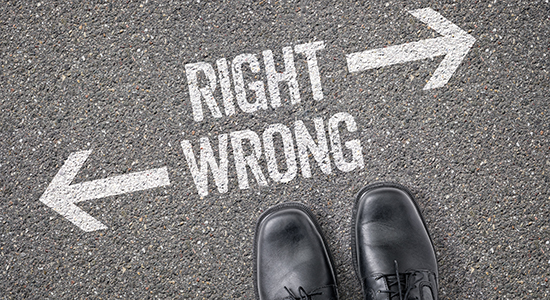Cooperation With Evil Is Evil and Voting Could Be a Sin
Yesterday, I said that justice begins with making the victim, the aggrieved party, whole. (Read “Who Gets the Mona Lisa.") Today, we’re going to talk about moral consequences. Specifically, is it moral and just to voluntarily participate in a fraudulent scheme?
You know that elections in America are decided by fraud now. It doesn’t matter how you vote or that you vote. All that matters is who controls the vote count, as Stalin said.
Election Fraud is a Lie, Not a Theft #
We should note that election fraud seems more akin to lying than to stealing. Stealing implies some property which is physically removed from its proper place or rightful owner, while lying implies making a false statement. In the case of the 2020 election, officials in several cities and states seem to be falsely reporting the number of legitimate votes cast.
The end-game of election fraud is a theft of sorts: the theft of public office. And it deprives the people their right to choose who holds those offices. But the act of election fraud is a lie, not a theft, as the vote itself is common good, not private property.
Fraud Is Evil #
Fraud is evil, everyone agrees. Therefore, fraudulent elections must be evil.
If elections are frauds and frauds are evil, then voting in an election must be evil. By participating in an election you know is fraudulent, you are endorsing its end state, which will be false.
Now, if you don’t know elections are frauds, you are not sinning by voting or donating to candidates. But you do know American elections are frauds now. You can no longer reasonably deny it.
Anyone who knowingly participates in a fraudulent election takes the fraud upon himself.
Moral Dilemma: To Vote or Not to Vote #
Like it or not, until American elections are reasonably proven to be fraud-free, Christians seem to face a moral dilemma. We are called upon to express God’s will with our vote, but our vote is meaningless because of fraud. By pretending our vote might overcome the fraud, are we not legitimizing a fraud?
This sets up a moral dilemma. How will you resolve it?
Tomorrow, I will disclose how I resolve the dilemma.

